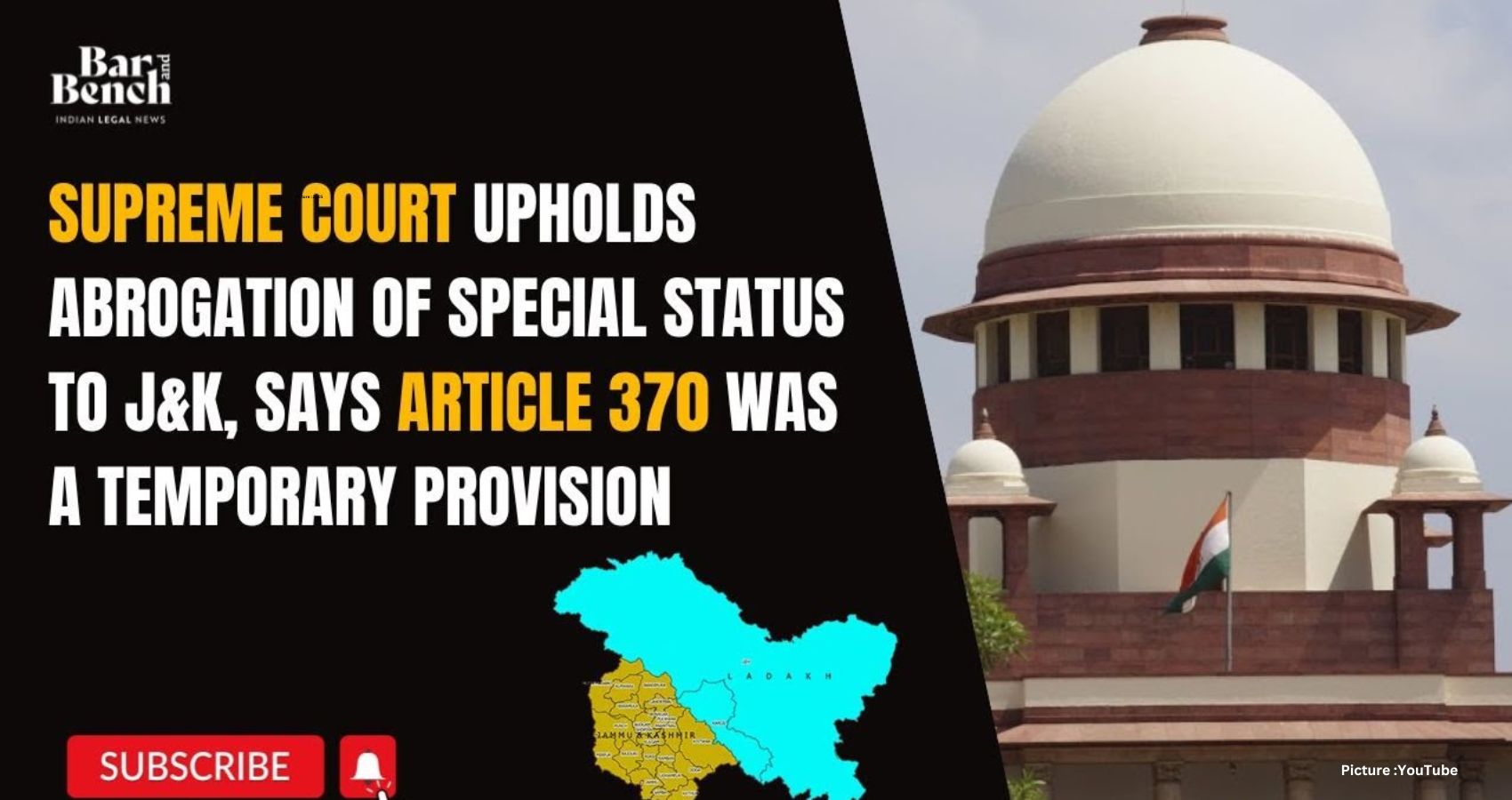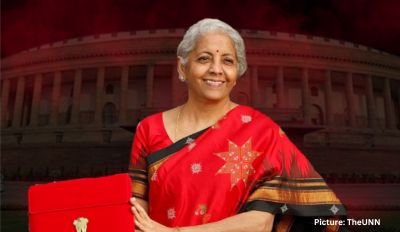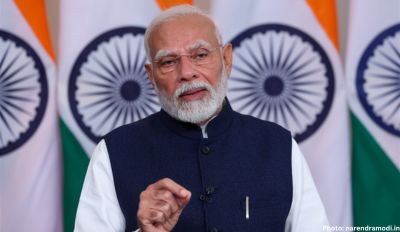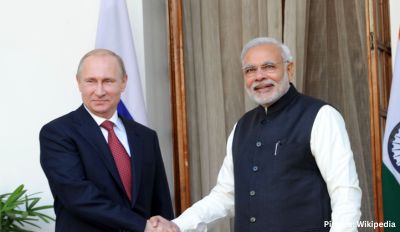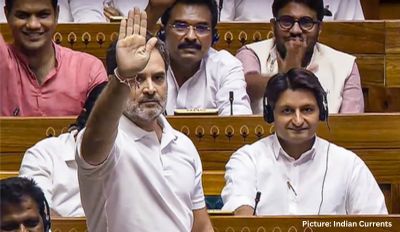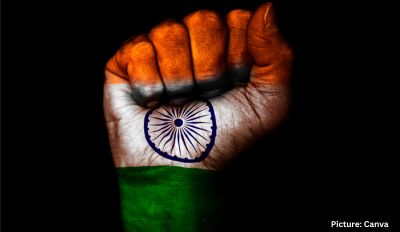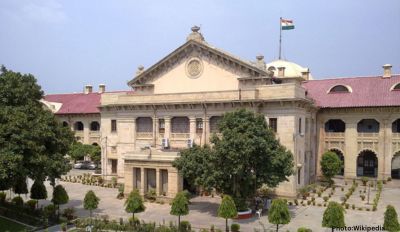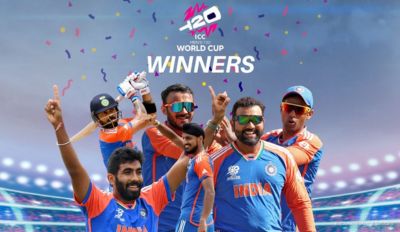India’s Supreme Court has upheld the Indian Government’s decision to abrogate Article 370 of the Constitution which gave special status to Jammu and Kashmir and said that every decision taken by the Centre on behalf of a State can’t be subject to a legal challenge. On August 5, 2019, the Modi government announced the revocation of the special status of Jammu and Kashmir granted under Article 370 and split the region into two Union Territories.
A five-judge Constitution bench comprising Chief Justice of India DY Chandrachud, Justices Sanjay Kishan Kaul, Sanjiv Khanna, BR Gavai, and Surya Kant delivered the verdict on December 11, 2023. The five-judge Constitution Bench pronounced three judgments in petitions challenging the Centre’s move to scrap Article 370.
A Constitution Bench said, “The exercise of power by the President under Article 370(1)(d) to issue CO 272 is not mala fide. The President in exercise of power under Article 370(3) can unilaterally issue a notification that Article 370 ceases to exist”.
“The President did not have to secure the concurrence of the Government of the State or Union Government acting on behalf of the State Government under the second proviso to Article 370(1)(d) while applying all the provisions of the Constitution to Jammu and Kashmir because such an exercise of power has the same effect as an exercise of power under Article 370(3) for which the concurrence or collaboration with the State Government was not required,” added the bench.
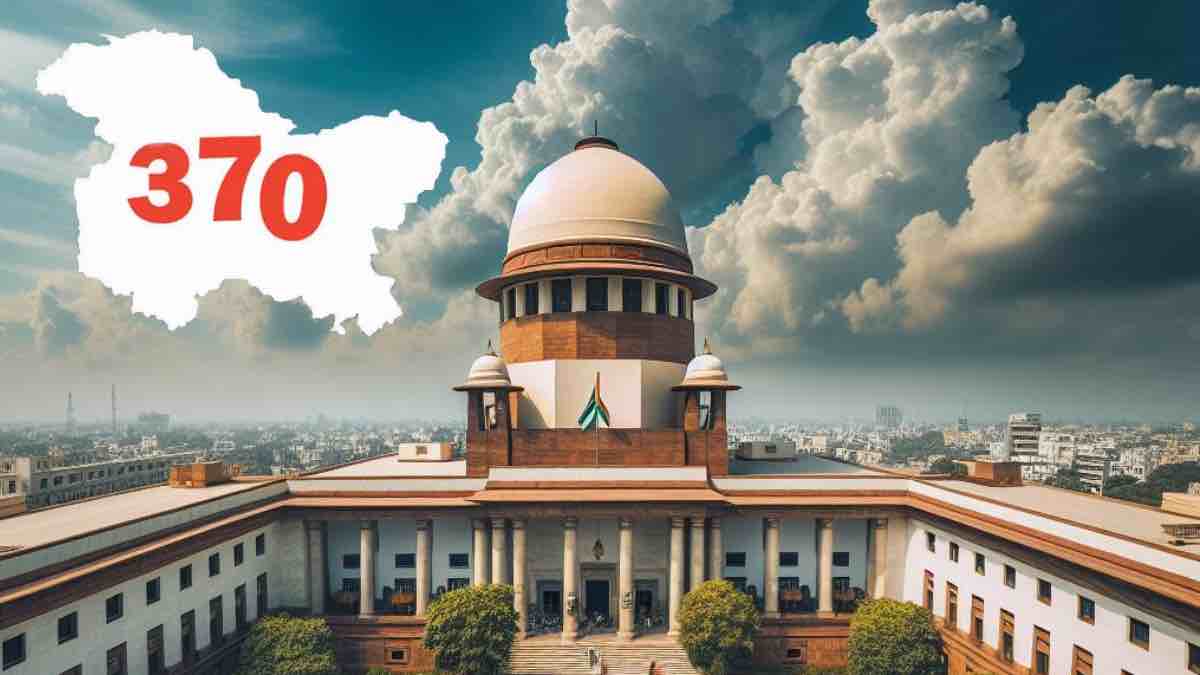
The bench, which also comprised Justices S K Kaul, Sanjiv Khanna, B R Gavai and Surya Kant, pronounced three judgments – one by the CJI for himself and Justices Gavai and Surya Kant, a concurring judgment by Justice Kaul and a third by Justice Khanna concurring with the other two rulings. The Constitution Bench was hearing a batch of petitions challenging the abrogation of Article 370 of the Constitution and bifurcating the state into two Union Territories.
CJI Chandrachud reading out the judgement said that every decision taken by the Centre on behalf of a State under proclamation can’t be subject to a legal challenge and it will lead to the administration of the State to a standstill.
Supreme Court said that it has held that Article 370 was a temporary provision. “The proclamation of Maharaja stated that the Constitution of India will supersede. With this, the para of Instrument of Accession ceases to exist….Article 370 was an interim arrangement due to war conditions in the State. Textual reading also indicates that Article 370 is a temporary provision,” the Court said.
The Apex court also mentioned that the argument of petitioners that the Union government cannot take actions of irreversible consequences in the State during Presidential rule is not acceptable. “We have held that the state of Jammu and Kashmir did not retain an element of sovereignty when it joined the Union of India. We have arrived at this conclusion for the following reasons. First paragraph eight of the instrument of acession executed by Maharaja Hari Singh provided that nothing in the instrument would affect the continuance of the sovereignty of the Maharaja in and over the state,” CJI Chandrachud said. The CJI further noted that on November 25, 1949, a proclamation was issued for the State of Jammu and Kashmir by “Yuvraj Karan Singh”.
“The declaration on this proclamation, that the Constitution of India would not only supersede all other constitutional provisions in the state, which were inconsistent with it, but also abrogate them, achieves what could have been attained by an agreement of merger. With the issuance of the proclamation, paragraph of the instrument of acession ceases to be of legal consequence. The proclamation reflects the full and final surrender of sovereignty by Jammu and Kashmir through its sovereign ruler to India ” the CJI added.
The Supreme Court said, “The declaration issued by the President exercises the power and clause 3 of Article 370 is a culmination of the process of integration. Thus, we do not find that the President’s exercise of power under Clause 3 of Article 370 was malafide. We hold the exercise of Presidential Power to be valid.”
The Court also noted that Article 370 was meant for the constitutional integration of Jammu and Kashmir with the Union and it was not for disintegration and the President can declare that Article 370 ceases to exist.
“Concurrence of the State government was not required to apply all provisions of the Constitution using Article 370(1)(d). So, the President of India taking the concurrence of the Union government was not mala fide,” the Court noted.
The Supreme Court also directed the Election Commission to hold Jammu and Kashmir Assembly elections by September 30, 2024. The Supreme Court said in view of Centre’s submission on restoration of statehood of Jammu and Kashmir, it directs that statehood shall be restored as soon as possible.
On September 5, the apex court reserved the judgement after hearing the arguments for 16 days.
The central government had defended its decision to abrogate Article 370, saying there was no “constitutional fraud” in repealing the provision that accorded special status to the erstwhile state of Jammu and Kashmir.
Attorney General R Venkataramani and Solicitor General Tushar Mehta appeared for Centre. Senior advocate Kapil Sibal, appearing on behalf of the petitioners, had opened the arguments, saying Article 370 was no longer a “temporary provision” and had assumed permanence post the dissolution of the Constituent Assembly of Jammu and Kashmir.
In a separate concurring opinion, Justice Kaul also recommended setting up of a truth and reconciliation commission to look into alleged violations of human rights by both state and non-state actors in J-K. Justice Kaul said it should be based on a dialogue and cautioned that it should not become a criminal court.
Reading out his ruling, CJI Chandrachud said, “The State of Jammu and Kashmir does not retain any element of sovereignty after the execution of the Instrument of Accession (IoA) and the issuance of the Proclamation dated 25 November 1949 by which the Constitution of India was adopted. The State of Jammu and Kashmir does not have ‘internal sovereignty’ which is distinguishable from the powers and privileges enjoyed by other States in the country. Article 370 was a feature of asymmetric federalism and not sovereignty”.
On the reorganisation of the erstwhile state of J-K into the Union Territories of Jammu and Kashmir and Ladakh, the ruling said, “The Solicitor General stated that the statehood of Jammu and Kashmir will be restored (except for the carving out of the Union Territory of Ladakh). In view of the statement, we do not find it necessary to determine whether the reorganisation of the State of Jammu and Kashmir into two Union Territories of Ladakh and Jammu and Kashmir is permissible under Article 3”.
The court, however, upheld “the validity of the decision to carve out the Union Territory of Ladakh in view of Article 3(a) read with Explanation I which permits forming a Union Territory by separation of a territory from any State”.
The SC directed, “Steps shall be taken by the Election Commission of India to conduct elections to the Legislative Assembly of Jammu and Kashmir constituted under Section 14 of the Reorganisation Act by 30 September 2024”. “Restoration of statehood shall take place at the earliest and as soon as possible,” added the court.
“The power under Article 370(3) did not cease to exist upon the dissolution of the Constituent Assembly of Jammu and Kashmir. When the Constituent Assembly was dissolved, only the transitional power recognised in the proviso to Article 370(3) which empowered the Constituent Assembly to make its recommendations ceased to exist. It did not affect the power held by the President under Article 370(3)”.

